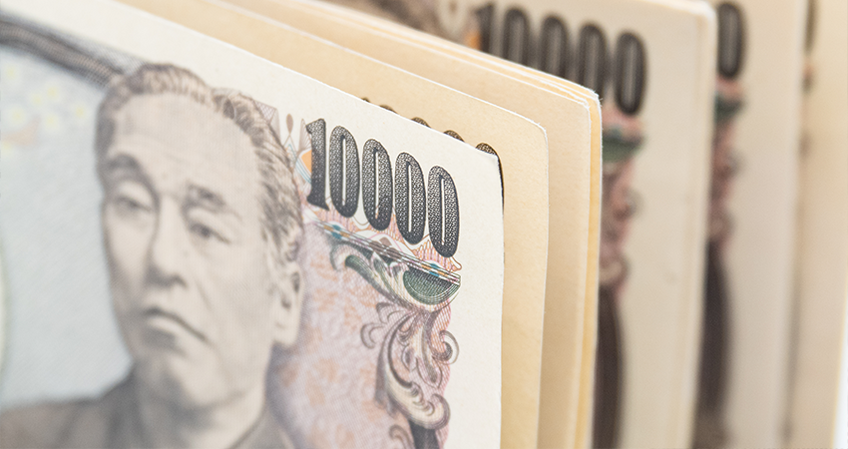Japan's Q1 2024 GDP Shrinks by 2%
- Weak consumer spending,
declining exports, and reduced capital investment contributed to a 2% annualized
GDP contraction in Q1 2024.
- The Bank of Japan faces a delicate balancing act between managing inflation and supporting economic growth, while the government must address underlying issues to boost consumer confidence and stimulate growth.
Economic Contraction in Early
2024
Japan's economy experienced a notable contraction in the first quarter of 2024, with the gross domestic product (GDP) shrinking at an annualized rate of 2%. This decline was more severe than some analysts had anticipated, who expected a 1.2% contraction. The downturn was driven by decreases in consumer spending and exports, as well as issues in the automotive sector.
Decline in Consumer Spending and Capital Investment
Consumer spending, which accounts for more than half of Japan's economic activity, fell by 0.7%. This is particularly concerning as private consumption is a significant component of the economy. The decline in consumer spending is attributed to slow wage growth and rising prices, partly due to the yen's weakness against the US dollar. The yen has been trading at three-decade lows, affecting both imports and exports.
Capital spending, another key driver of private demand, also fell by 0.8% in the first quarter. This indicates a reduction in investment by businesses, which can have a ripple effect on economic growth and employment. Exports, which had been supported by a weak yen, declined by 5.0%. This significant drop suggests that the benefits of a weaker currency are insufficient to overcome other challenges faced by Japanese exporters.
Monetary Policy and Future Outlook
The Bank of Japan (BoJ) faces a complex situation as it considers the timing of further interest rate hikes. The central bank raised rates in March for the first time in 17 years, moving away from negative rates. However, the fragile state of the economy may necessitate a cautious approach to any further tightening of monetary policy.
Inflation in Japan remains relatively muted, although it is running above the central bank's 2% target. Wage growth is expected to accelerate, which could help reverse the decline in real consumer spending. However, the recent GDP data will likely add pressure on Prime Minister Fumio Kishida's government, which has been facing poor poll ratings.
Japan slipped from being the third to the fourth largest economy in the world in US dollar terms. This shift is partly due to the weak yen, which has also led to Japan narrowly missing its target of boosting the size of its economy to 600 trillion yen. Despite the contraction, there are some positive signs. Consumer confidence has picked up notably, and Japan’s goods balance returned to a surplus for the first time since 2021. Additionally, exports to the European Union and China have shown growth.

